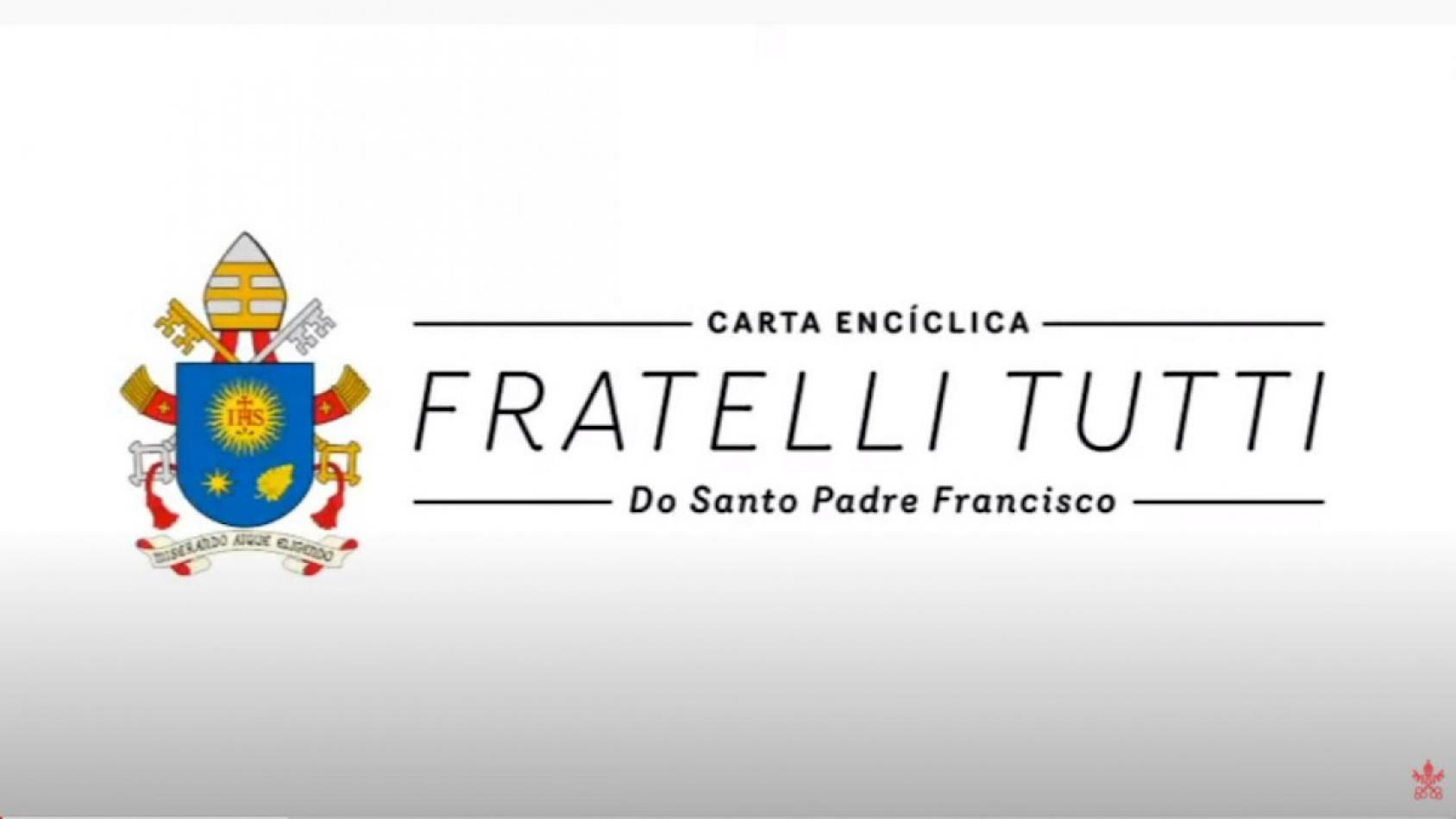Growing global interconnections and communications make us more aware of the unity and shared destiny of the nations of the Earth. There is no progress if someone is left behind and the situations of exclusion, the peripheries, are not only geographical but also existential (e.g. the elderly, people with disabilities, victims of racism). Every human being has the right to live in dignity and to develop fully.
This implies, on the one hand, an active participation in the civil and international community; on the other, a solidarity that comes from knowing that we are responsible for the fragility of others and the search for a common destiny. Solidarity
“is a word that is not always well received; in certain situations, it has become a dirty word, a word that dare not be said. Solidarity means much more than engaging in sporadic acts of generosity. It means thinking and acting in terms of community. It means that the lives of all are prior to the appropriation of goods by a few. It also means combatting the structural causes of poverty, inequality, the lack of work, land and housing, the denial of social and labour rights. It means confronting the destructive effects of the empire of money… Solidarity, understood in its most profound meaning, is a way of making history, and this is what popular movements are doing”. (FT 116)
Caring for our common home that is the planet is also an expression of service and co-responsibility for the development of all. Real and lasting peace is only possible on the basis of a global ethic of solidarity and cooperation at the service of a future shaped by interdependence and co-responsibility within the entire human family.
The inalienable rights of the person, social rights and the rights of peoples are fundamental for subsistence and progress, but they are quite different from the claim to individualistic rights, which conceals a conception of the person detached from any social and anthropological context. Such a perspective leads to radical individualism, selfish intimacies and a self-defensive and self-absorbed social organisation. If the right of each individual is not harmoniously ordered to the greater good, it ends up being conceived without limitations and thus becomes a source of conflict and violence.
The world exists for everyone, we are all born with the same dignity and, in the Christian tradition, we see the common destination of created goods, which is the first principle of the whole ethical-social order. The right to private property is a secondary principle and derived from the first. No one can therefore be excluded because of the privileges of others.
[combonimission.net]




